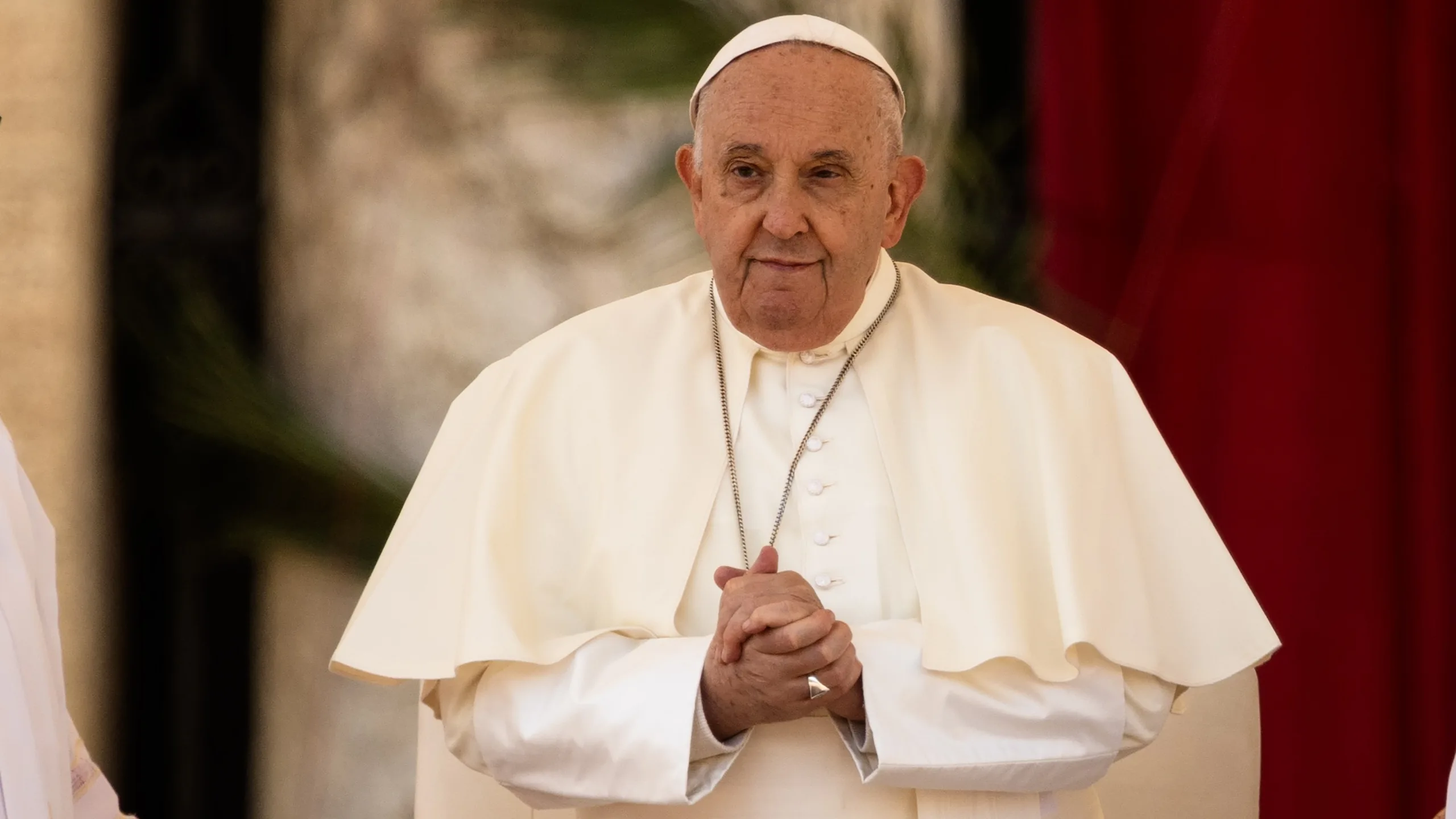Pope Francis, the first Latin American and Jesuit Pope, has died at the age of 88, marking the end of a papacy defined by humility, inclusion, and a strong push for reform within the Catholic Church.
Born Jorge Mario Bergoglio in Buenos Aires, Argentina, the late pontiff was elected in March 2013 as the 266th pope and the first non-European leader of the Catholic Church in more than 1,200 years.
In his 12 years as head of the Vatican, Pope Francis championed social justice, environmental responsibility, and greater openness in Church dialogue. He consistently called for compassion towards refugees, the poor and the marginalised, and urged global action on climate change. Under his leadership, the Church took tentative but historic steps in addressing issues such as LGBTQ+ inclusion, the role of women, and its historical handling of abuse cases.
Despite facing resistance from conservative factions within the Church, Francis remained steadfast in his vision for a more pastoral, accessible and modern Catholic Church.
His final months were marked by declining health. He was hospitalised earlier this year with a serious case of pneumonia. Though he showed signs of improvement, his condition worsened in recent days. The Vatican confirmed that Pope Francis passed away peacefully at 7:35am local time.
News of his death has prompted an outpouring of tributes from religious and political leaders around the world, many of whom have praised his moral leadership, deep humility, and commitment to bridging divides both within and outside the Church.
A period of official mourning has begun, and funeral arrangements are expected to be announced by the Vatican shortly.
Pope Francis is remembered as a pontiff who, while deeply rooted in tradition, did not shy away from confronting the challenges of the modern world.
